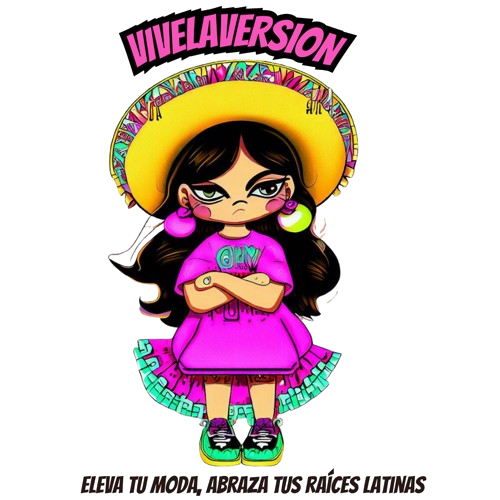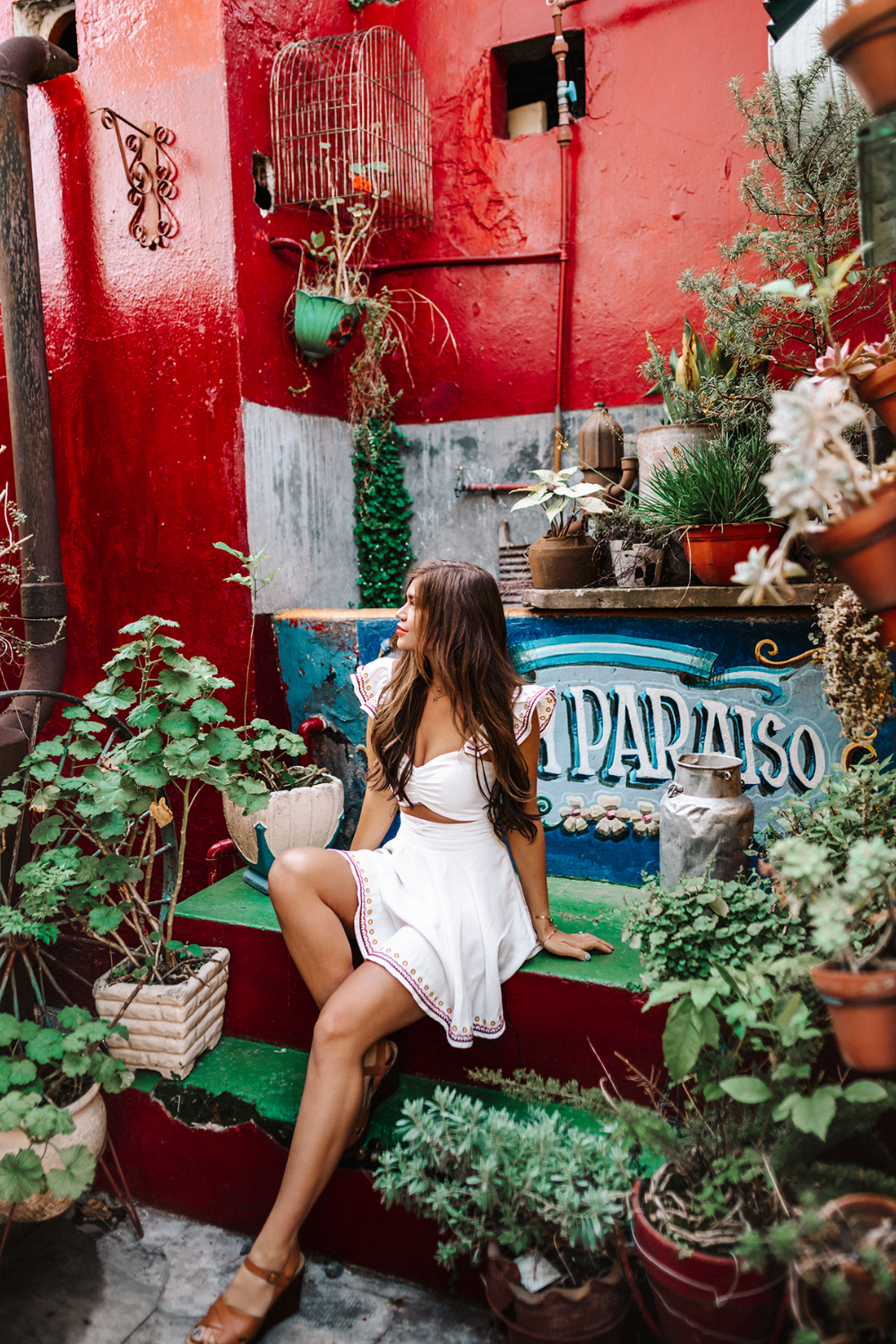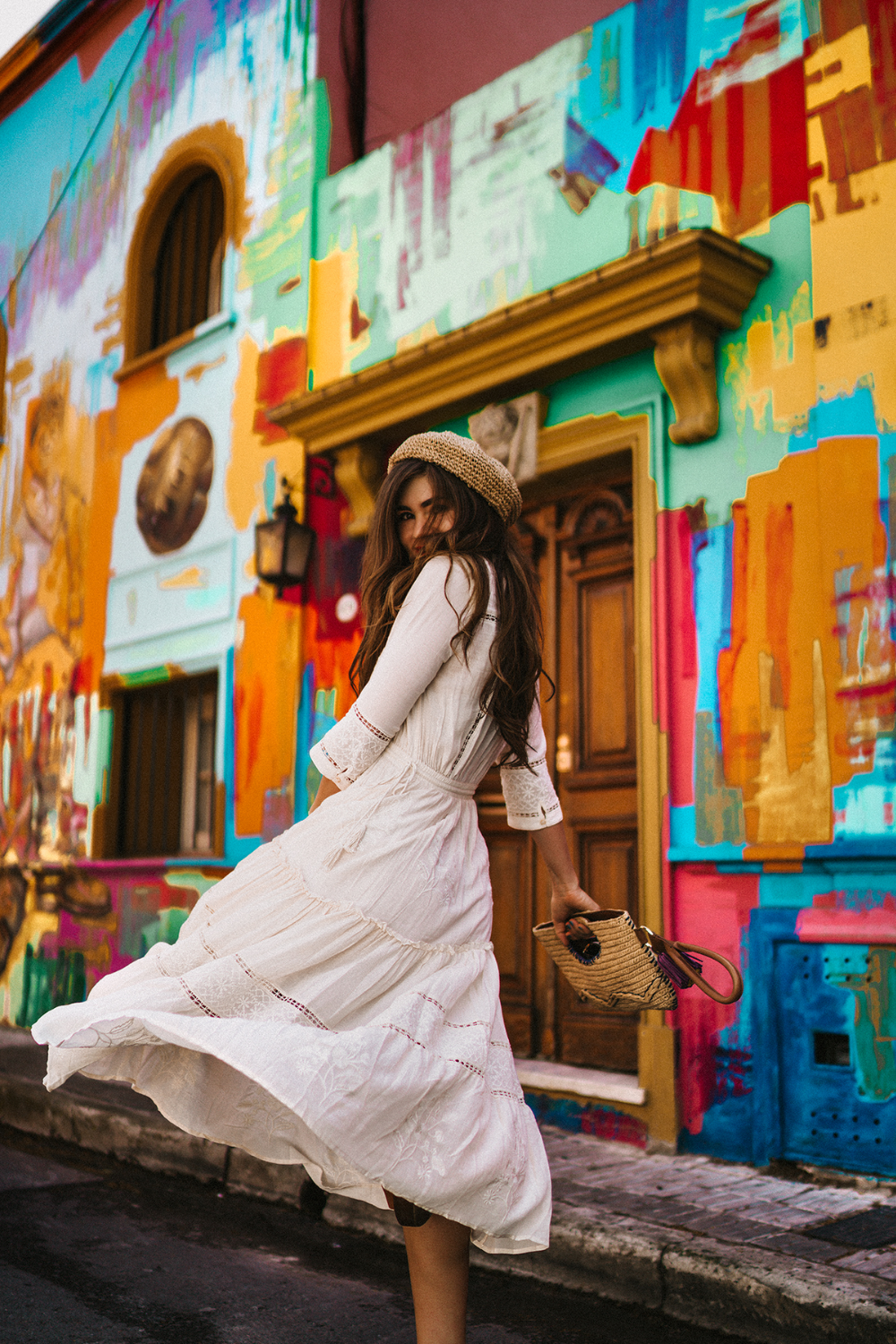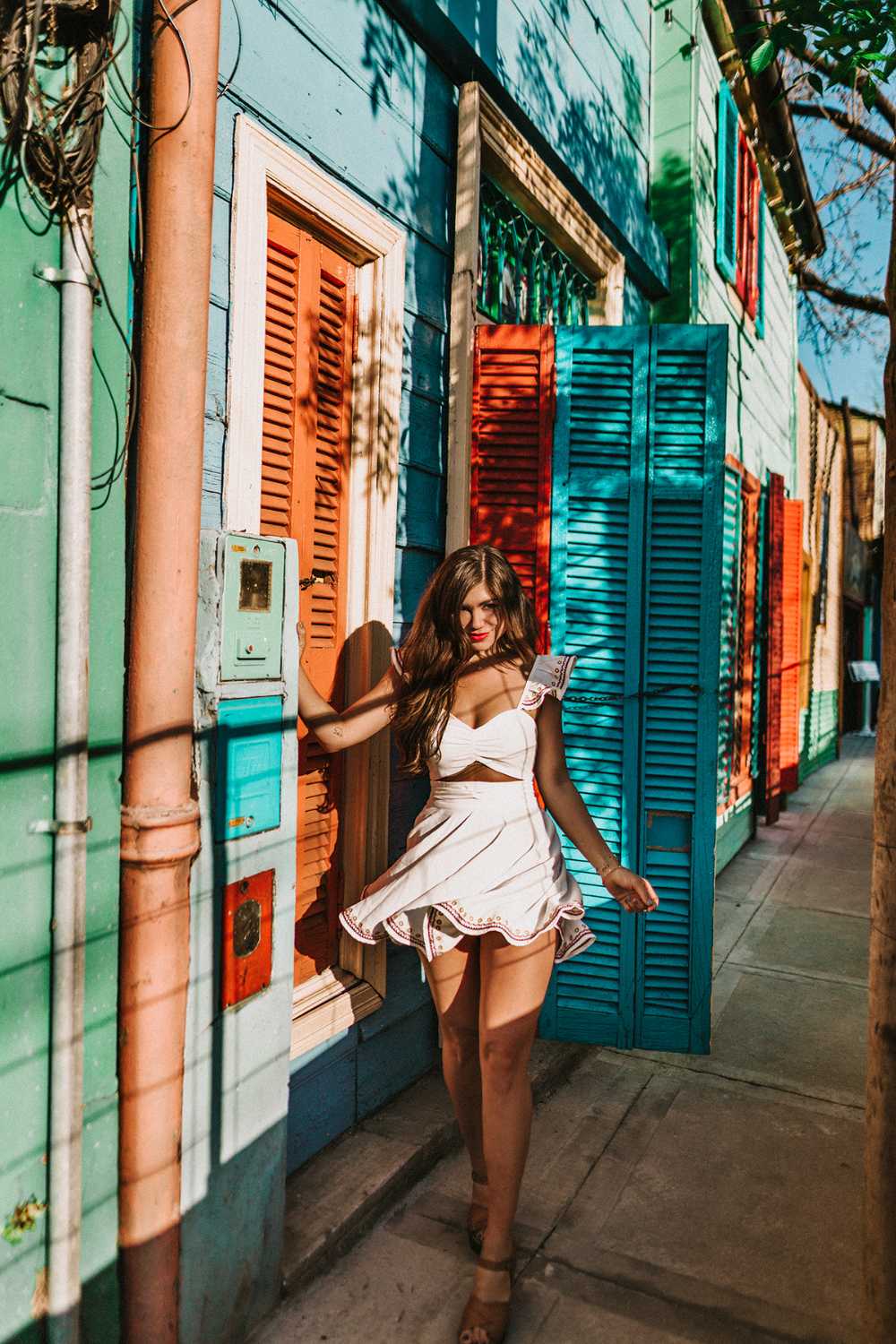Is Guatemala safe? 21 tips for safe travel in Guatemala
Is Guatemala safe? 21 tips for safe travel in Guatemala
Is Guatemala safe? If you are planning to visit Guatemala, this question has surely crossed your mind. It pays to take safety precautions to avoid problems such as car theft, robberies, kidnappings, extortion and muggings. So here are some tips on how to travel safely in Guatemala
Facts about security in Guatemala

Guatemala is currently classified as a “Level 2 – Exercise the utmost caution” country by the U.S. State Department. That’s a welcome improvement over its previous level 3 travel advisory, which was the same as Pakistan and Lebanon. Read more about crime in Guatemala and the Guatemala travel advisory on the U.S. State Department’s website. However, while travel security in Guatemala is improving, there are still pockets of crime in the country. The areas with the highest crime are Escuintla, Nueva Concepción, Santa Lucía Cotzumalguapa, Tiquisate, Puerto San José and Palín, all located in the Department of Escuintla. But even if you travel outside these areas and to popular destinations such as Tikal, Antigua and Panajachel, it is worth taking precautions.
Myths about travel safety

I often hear from travelers who have returned from Guatemala that they “feel very safe” or that statistics don’t matter or that crime is limited to Guatemala City. It is a myth that “feeling safe” is a measure of personal safety.
I have personally witnessed

shooting on beautiful sunny days when I felt perfectly safe. And if you are a woman, statistics do matter. Guatemala has one of the highest “femicide” rates in the world, according to a report published by the National Institute of Legal Medicine. And the violence is not limited to Guatemala City.
I was shocked to hear about

the lynching of the mayor of Concepción, a small town near Lake Atitlán where I spent time during Devil’s Day. It seemed like such a peaceful community, it’s hard to imagine such violence. Chances are you will never have a problem when you travel to Guatemala in Central America and the vast majority of murders do NOT involve foreigners. But it doesn’t hurt to be prepared or ask the questions: How safe is Guatemala, and how safe are Guatemala’s cities? Guatemala is an amazing country with many incredible things to do. To help you with your trip planning, I’ve put together some Guatemala safety tips when traveling in Guatemala.
The best safety tips for traveling in Guatemala

-Many armed robberies involve the use of motorcycles by assailants. Walk on the sidewalk out of reach of motorcycles to avoid being attacked. And contrary to the advice to wear a bandolier, I don’t recommend it. If they grab your bandolier, they can drag you behind the motorcycle until the strap breaks and you get seriously hurt.
-Use a hidden money belt, a Tilley hat or a travel scarf with a secret pocket. Or do like my mother-in-law when she goes to the market – put your money in your shoe! If you have more stuff to carry, it’s best to buy a travel backpack. These travel bags are roomy enough to fit a water bottle, electronic devices, a snack or two and souvenirs, but are lightweight and don’t scream “tourist”.
Traveling safely in Guatemala: It pays to be safe

-Be aware of cultural sensitivity when traveling in the countryside. Hiring a guide when traveling to local communities can help avoid misunderstandings. For example, when I was in a rural area, my guide first approached the local elders to get their permission to visit the church, Maximon shrine and explore the community. He introduced me, explained my intentions and translated from Kaqchikel Maya to Spanish and English. We asked permission before taking travel photos and made a small donation to the church. Never take photos of children without their parents’ permission.
Outbreaks of serious mosquito-borne viruses, such as dengue, Zika virus and chikungunya, are common in the lowlands, urban areas, jungles and beaches of Central America (including Costa Rica and El Salvador). There is no vaccine or cure. Therefore, it is important to protect yourself by using insect repellent, wearing long pants and taking other precautions to avoid mosquito bites.
For tips on

Traveling safely in Guatemala and staying healthy, be sure to check the CDC website before you travel and read this article on 12 ways to protect yourself against dengue and chikungunya and why the ONLY item you should buy as soon as you arrive should be Raid Laminitas .
-INGUAT is available to offer assistance to tourists and can help with troubleshooting. They also coordinate security for tour groups and can be contacted in case of emergency. Follow the advice of these and local law enforcement officials to safeguard your safety in Guatemala.
-Crime levels increase before and during vacation periods, so if you travel, be extra vigilant.
-Do not lose sight of your luggage, backpack or other valuables, especially in crowded places. Keep personal information in your luggage to a minimum to avoid extortion attempts. Protect your personal information on your luggage tags with Shacke’s full privacy back cover luggage tags with steel loops.
Travel safely in Guatemala: Reduce your amount of luggage

Don’t carry a jumble of camera equipment, computer bag, suitcase, purse and backpack or you may become a prime target for thieves.
-Use certified copies (or regular photocopies) of travel documents and keep the originals in a safe place.
-Take only the amount of cash you need for one day and keep the rest in the hotel safe. If you’re staying at an AirBnB or vacation condo, it’s worth investing in a portable travel safe to store your valuables. Voted 2019 Device of the Year, the FlexSafe portable safe is lightweight, costs less than $65, is cut-proof and can even be strapped to your lounge chair at the pool or beach.
-Travel during the day and if you use a vehicle and take road trips, use the main roads. Don’t stop on the road to take anyone with you. If you see an emergency call 1-500 0 2421-2810.
Safe travel in Guatemala: Avoid public transportation

Use only authorized cabs, private transportation or the TransMetro rapid transit system. Avoid public buses, as they can be subject to extortion by gangs in many parts of Guatemala and Latin America.
Use only authorized cabs, private transportation or the TransMetro rapid transit system. Avoid public buses, as they can be subject to extortion by gangs in many parts of Guatemala and Latin America.
-Obtain travel medical insurance and keep the information on hand for your safety and in case you need medical attention during your stay in Guatemala.
-Exchange currency only at banks and use ATMs inside (not outside) a bank throughout Guatemala. Check your online statements regularly for fraudulent ATM transactions with your debit or credit card.
-If hiking, avoid traveling to remote areas: stay on the trail and travel in groups. Use a licensed and authorized tour guide if one is available. Consult with locals about safety conditions when walking between villages around Lake Atitlán or over active volcanoes.
Negotiate tour prices and travel early

and travel early. Ask for service receipts to avoid misunderstandings. Contact INGUAT if you need assistance.
-Avoid late night parties. If you leave late, you increase your chances of security risks.
-Consult weather conditions before taking boats or jet skis. Read the publication A Wild Ride on Lake Atitlán for more information.
-Check travel alerts and travel warnings on sites such as Australia’s Smart Traveler or the United Kingdom’s Travel Advisory Service; and register your contact information with the U.S. Department of State and Foreign Affairs and International Trade Canada and North America.
Secure your laptop

with a steel cable to a fixed object, such as a table inside your hotel room or rental apartment. For less than $20, you can protect your laptop from theft with a combination laptop security lock and steel cable.
-Choose a hotel with secure parking. To avoid theft or auto theft, stay in a hotel with secure parking instead of leaving your vehicle parked on the street.
-Be careful when swimming. Pay attention to safety flags on the beaches, especially in Monterrico and other Pacific coast beaches where the surf can be strong. Also watch out for submerged rocks and other hazards when swimming at resorts such as Pasa Bien. Finally, do not swim in lagoons and other bodies of water in the Petén where crocodiles may be present. Consult with locals if in doubt.









